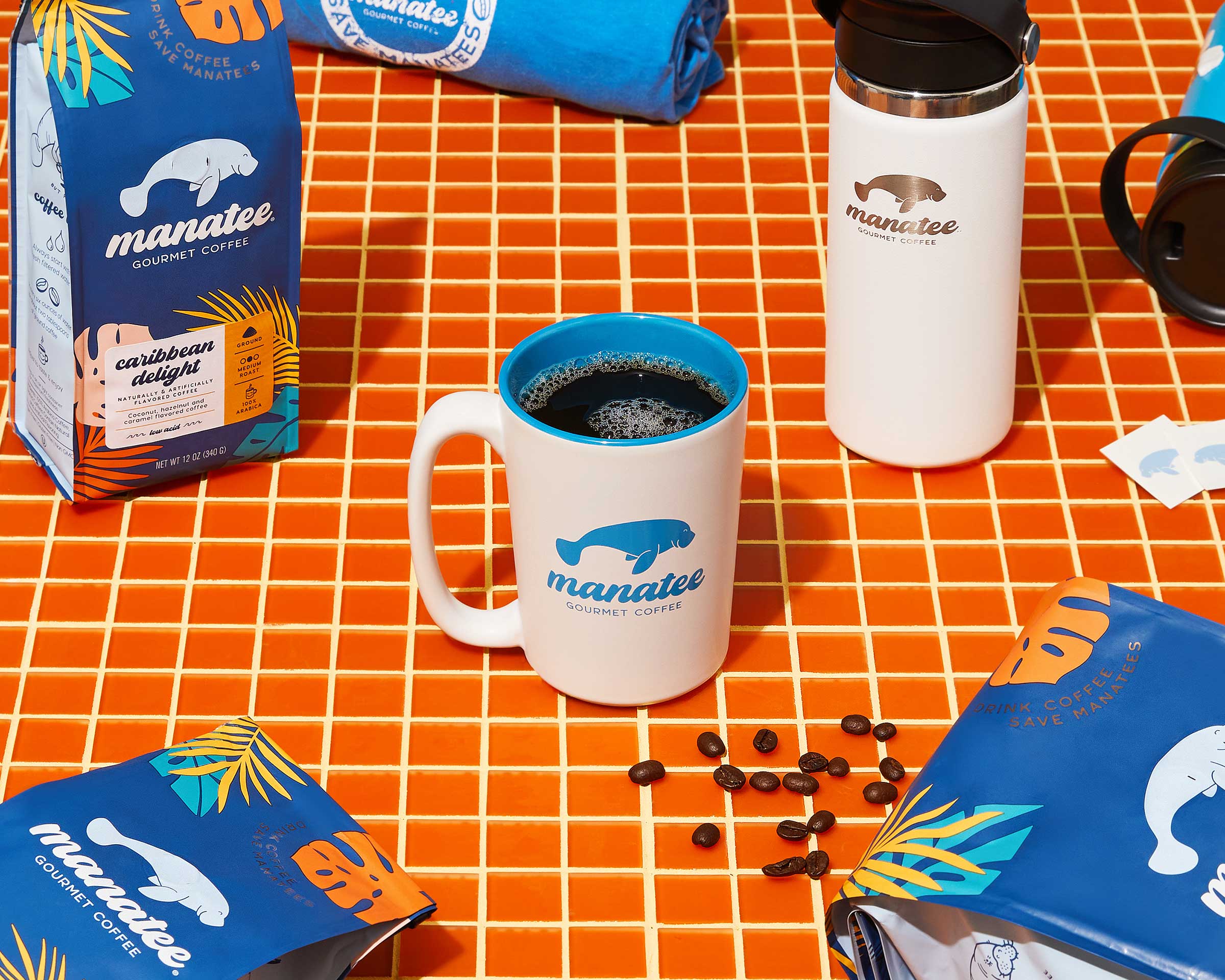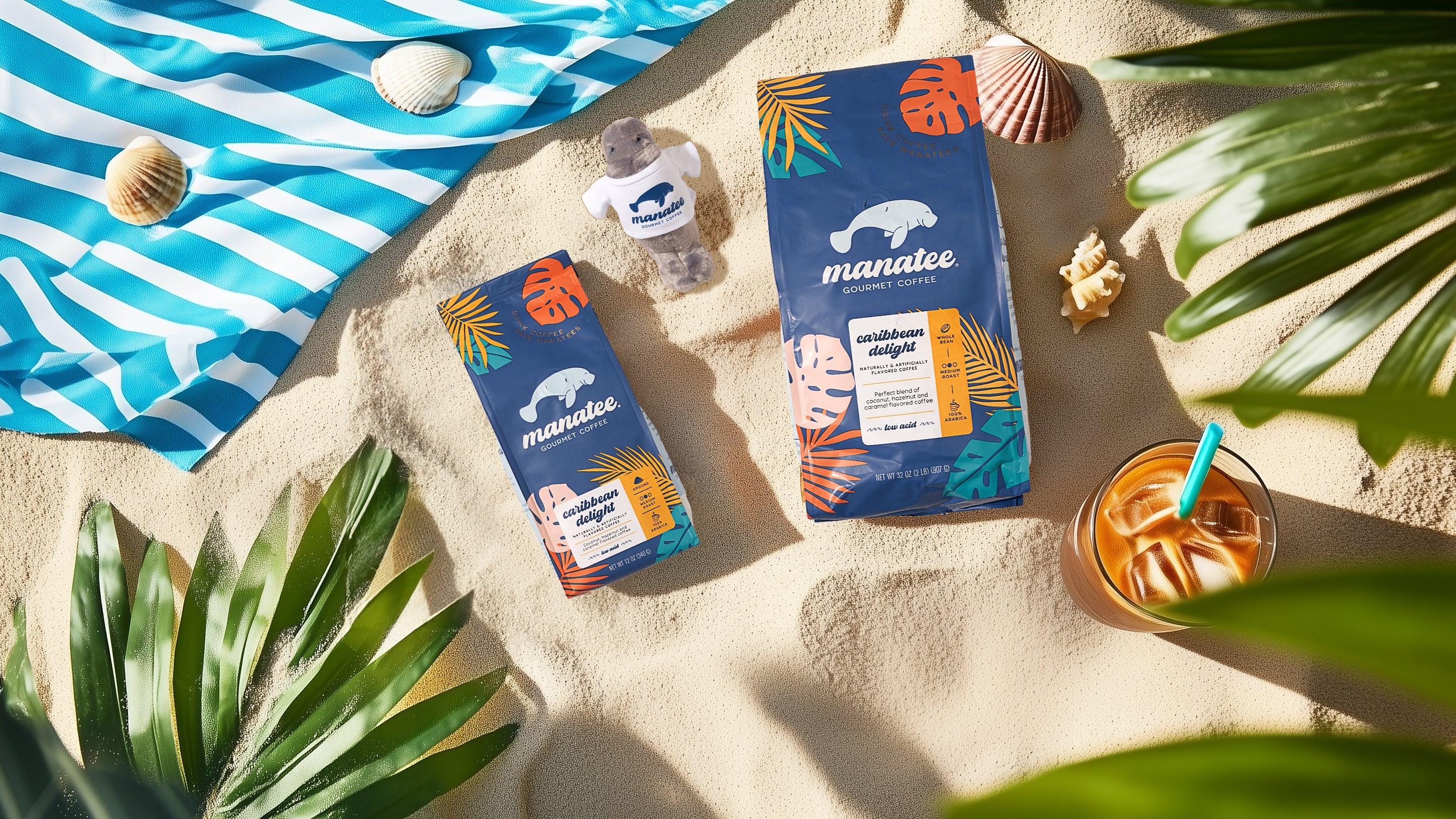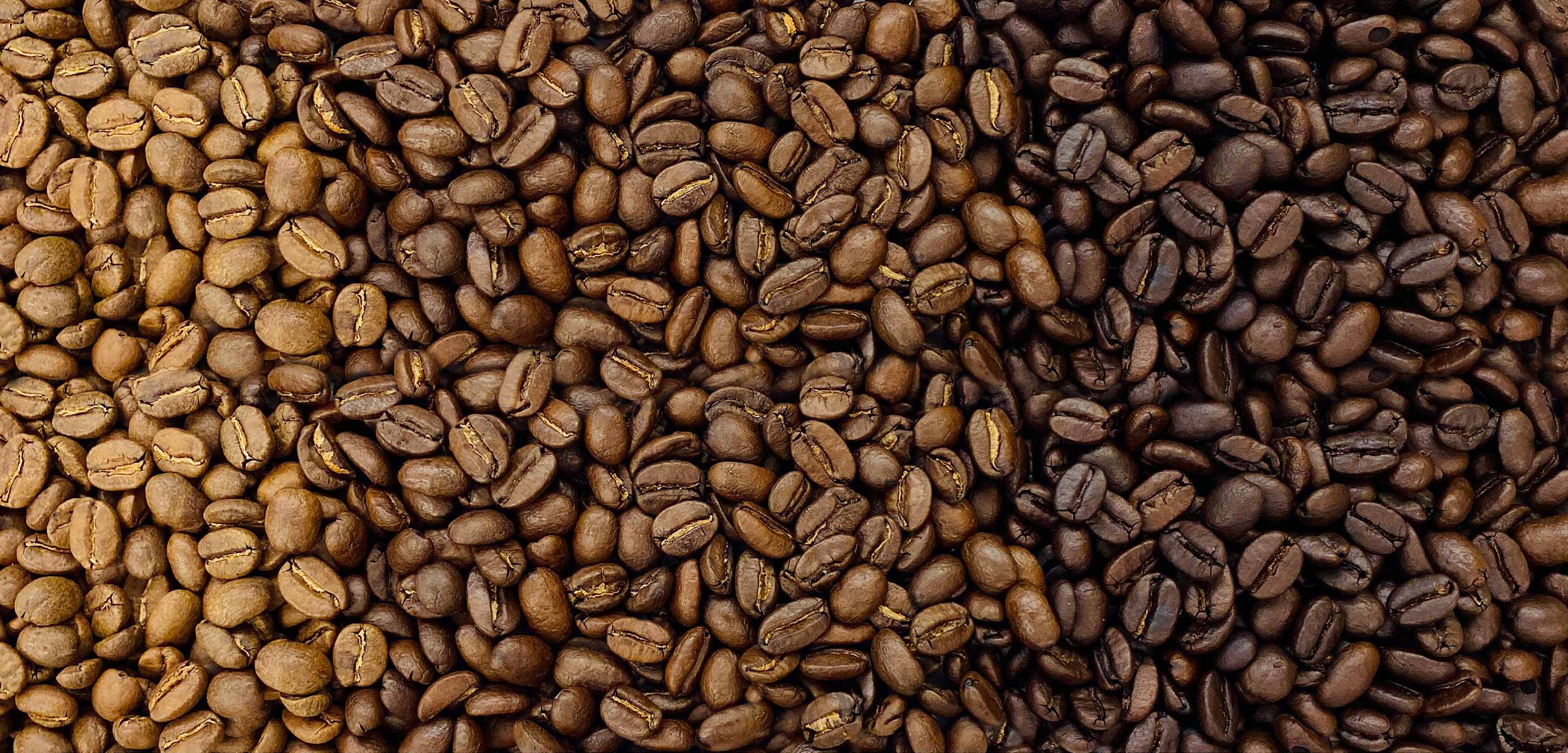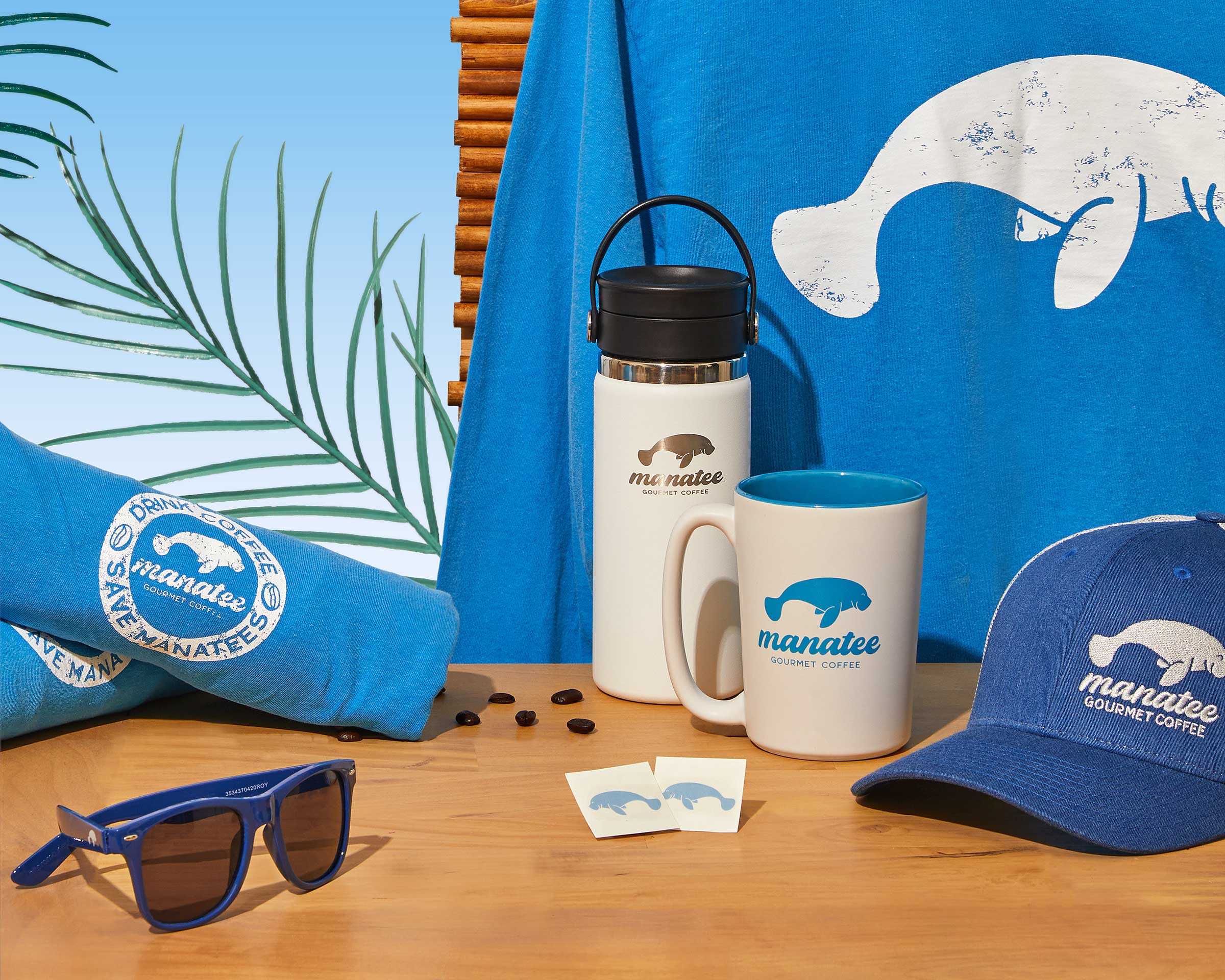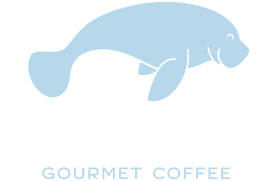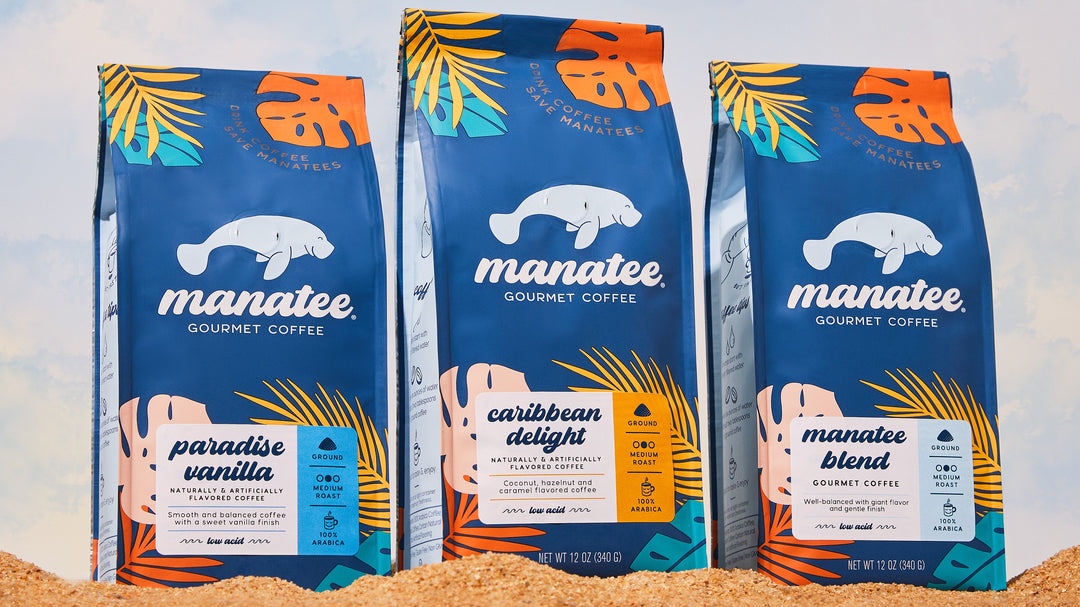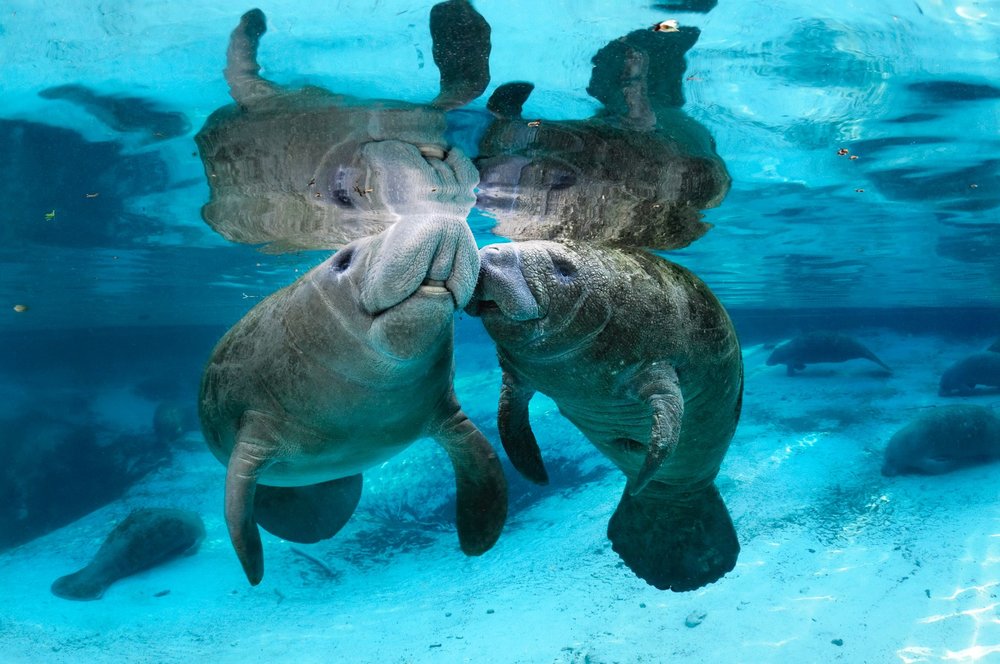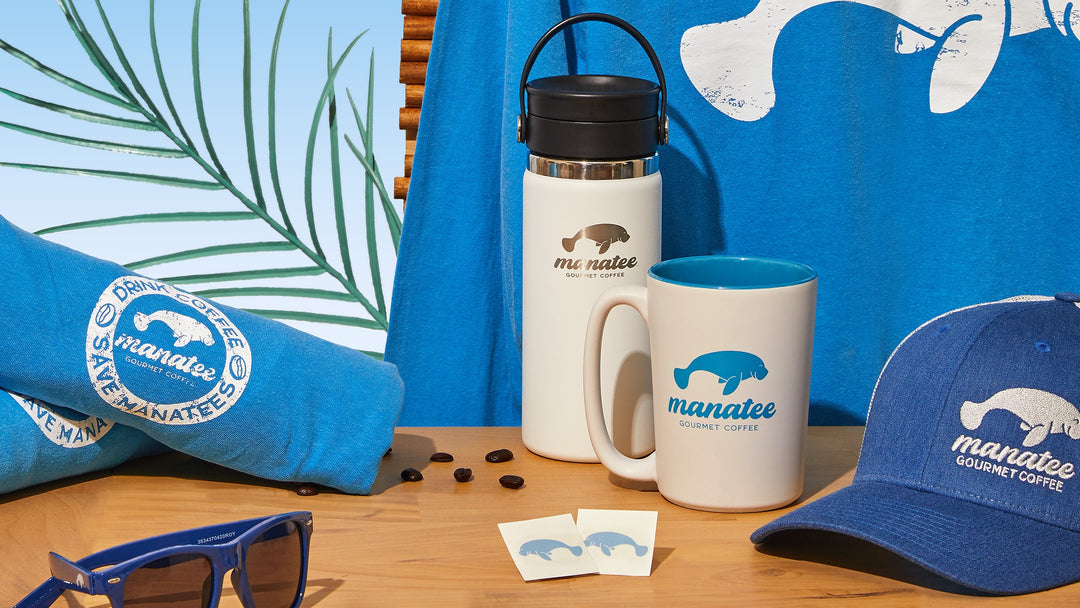Declining seagrass communities have directly contributed to unprecedented numbers of manatee mortalities in Florida
March is Seagrass Awareness Month, and there has never been a more critical time to act to protect seagrass communities across Florida. This year to date, the Florida Fish and Wildlife Commission has reported 326 known manatee mortalities—very close to the high number during this same period in 2021, a year of record manatee mortalities. A total of 1,101 manatee deaths v, a number far higher than in any other year since record keeping began 50 years ago. Many of these deaths were reported in and around the Indian River Lagoon, where nutrient pollution, resulting in algae blooms has led to catastrophic loss of seagrass.
Manatees are herbivores and feed on a variety of submerged, emergent, and floating plants including seagrass. There are seven species of seagrass in Florida, and manatees are known to consume all of them. But this critical food source is threatened, nowhere more so than in the Indian River Lagoon (IRL)—a critical manatee habitat—where a series of human-induced harmful algal blooms have caused the loss of more than 90% of the area’s seagrass biomass. Lack of food in this region has contributed to increased reports of malnourished manatees and unprecedented numbers of manatee deaths.
“Manatees and seagrass communities have co-evolved over millions of years. Seagrass Awareness Month is an important opportunity to spotlight this critical aquatic resource,” said Patrick Rose, Aquatic Biologist and Executive Director of the Save the Manatee Club, “Uncontrolled development, lax regulation, and the resulting pollution from Florida’s growing human population has fed the cycle of algae blooms that cause seagrass loss.”
Save the Manatee Club has a long and continuing history of working with partners to rehabilitate and protect Florida’s waterways, including helping fund research efforts to monitor the state of the Indian River Lagoon and recently opposing House Bill 349 and Senate Bill 198, the so-called “seagrass mitigation bills” that would actually have been detrimental to seagrass and manatee populations. Last month, Save the Manatee Club partnered with the Center for Biological Diversity and Defenders of Wildlife to file a lawsuit against the U.S. Fish and Wildlife Service (FWS) for failing to revise outdated critical habitat for Florida manatees and have put the Environmental Protection Agency on official notice that we intend to sue over failed water quality standards that have led to these massive seagrass losses.
The Club is also a founding member and fiduciary sponsor of a network of partners who help rescue and rehabilitate sick or injured manatees, including those that are severely malnourished.
Members of the public can do their part to protect seagrass and manatees by:
- Helping to reduce pollution from yard chemicals, which prevents harmful algal blooms from forming;
- Preventing damage to seagrasses by avoiding boating over seagrass beds or trimming up the boat’s motor and idling to a safe depth before getting on plane;
- Reporting distressed, sick, injured, or dead manatees at 1-888-404-FWCC (3922);
- Resisting the urge to feed or give water to manatees which is illegal and teaches them to associate people and/or boats with handouts, changing their behavior and putting them in harm’s way.
- Contacting local, state, and federal elected officials to urge them to help manatees and restore the Indian River Lagoon.
Aquatic Biologist Rose concluded, “Everyone must act now—from the individual members of the public, to governmental and nonprofit organizations, to our elected officials—to disrupt this cycle of pollution and proceed to protect and rebuild the seagrass communities that are essential to the survival of manatees and a host of other species including fishes, dolphins, sea turtles and birds that collectively depend on this critical aquatic resource.”
Save the Manatee Club was founded in 1981 by singer/songwriter Jimmy Buffett and former Florida Governor and U.S. Senator Bob Graham to protect manatees and their aquatic habitat. For more information about manatees and the Save the Manatee Club’s efforts, visit savethemanatee.org or call 1-800-432-JOIN (5646).
This article was originally published by Save the Manatee Club.
Contact: Meghan Cohorst, mcohorst@savethemanatee.org
500 N. Maitland Ave., Suite 210, Maitland, FL 32751
Phone: 1-800-432-5646 | 407-539-0990
